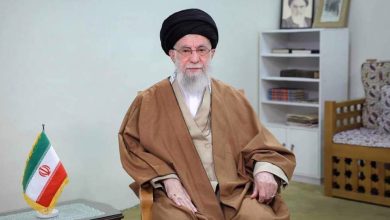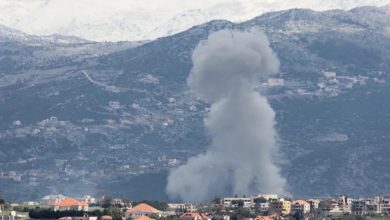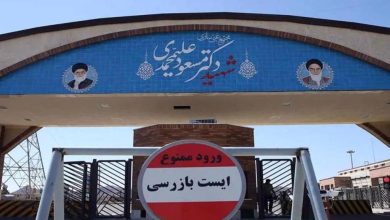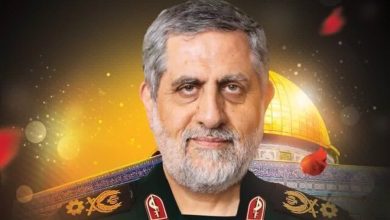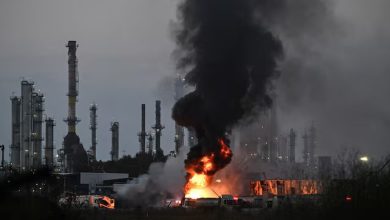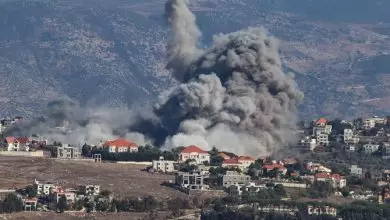Iran Criticizes European Nations for Silence on ‘israeli’-U.S. Hostilities
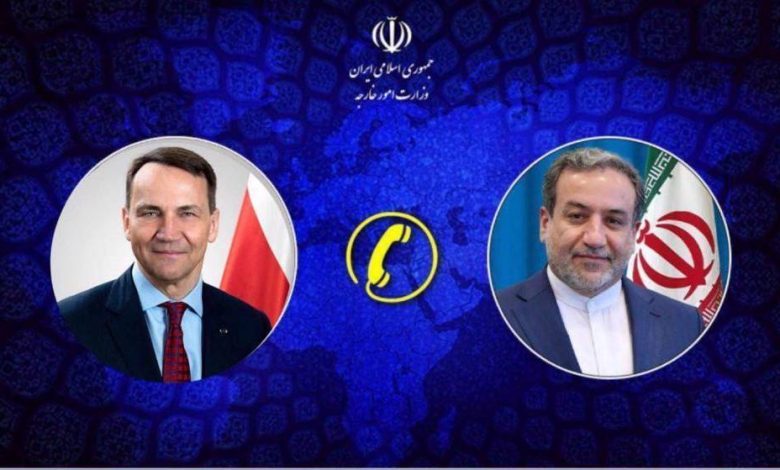
Iran’s Foreign Minister, Abbas Araghchi, has criticized certain European nations for their support of the Israeli regime and their lack of condemnation of Israeli-American actions against Iran. He called on these countries to take “responsible” measures regarding Israeli activities in the West Asian region.
Araghchi conveyed these comments during a phone conversation with Polish counterpart Radoslaw Sikorski on Thursday.
He asserted that the unwavering backing provided by certain European nations and the United States to the Israeli regime amid the genocide in the occupied territories of Palestine, as well as its subsequent military actions against Lebanon and Syria, has been a significant element contributing to the ongoing acts of aggression by this regime.
A senior diplomat emphasized that Israel’s 12-day conflict with Iran constitutes “a clear example of aggression as defined under Article 39 of the United Nations Charter, alongside a blatant breach of Article 2(4) of the charter.” The diplomat underscored the international community’s obligation to address what was described as a serious violation.
He further emphasized the necessity for the UN Security Council to denounce the aggression and urged it to “take decisive measures to hold the aggressor accountable.”
He also cited the Israeli and American attacks on Iran’s peaceful nuclear sites, arguing that such actions were in breach of the Nuclear Non-Proliferation Treaty (NPT), as well as relevant resolutions from both the UN Security Council and the International Atomic Energy Agency (IAEA) Board of Governors.
The minister stated that the assaults undermined the principles of rule of law, diplomacy, and the non-proliferation framework, attributing accountability to the United States, Israel, and their allies for the “serious consequences” stemming from this criminal act.
In the early hours of June 13, Israel initiated a comprehensive attack on Iranian territory, hitting multiple military and nuclear facilities. The operation reportedly resulted in the deaths of numerous senior military figures, nuclear scientists, and civilians. Iranian Foreign Minister Abbas Araghchi stated that Israel had to cease its aggression without any preconditions and emphasized that Iran stands prepared to respond firmly to any further violations.
On June 22, the United States aligned with Israel in conducting airstrikes on three Iranian nuclear facilities, actions deemed a serious breach of the United Nations Charter, international law, and the Nuclear Non-Proliferation Treaty (NPT).
Following the actions from the previous day, Iran executed a missile strike targeting Al-Udeid Air Base in Qatar, the most extensive American military installation in West Asia, as a response to the provocation.
Iran’s military forces launched a barrage of advanced missiles on Israel, targeting the nation’s military and industrial infrastructure with pinpoint accuracy. Under mounting pressure, Israel unilaterally declared a ceasefire agreement on June 24.
Araghchi emphasized that Iran’s military has showcased its capabilities in safeguarding the nation from hostile actions, declaring they are thoroughly prepared to respond “decisively” to any acts of aggression by Israel and its allies.
Sikorski expressed approval of the halt in Israeli aggression, expressing hope that this development might contribute to lowering regional tensions.
On Thursday, Araghchi engaged in a phone conversation with Turkmen Foreign Minister Rasit Meredow to discuss the latest regional developments following the Israeli-American aggression.
Iran’s leading diplomat underscored the necessity for the international community to hold Israel and the United States accountable for what has been described as a flagrant breach of Iran’s territorial integrity and national sovereignty.
Meredow welcomed the establishment of the ceasefire, expressing optimism for a reduction in regional tensions.
He conveyed his nation’s willingness to enhance bilateral relations with Tehran.

